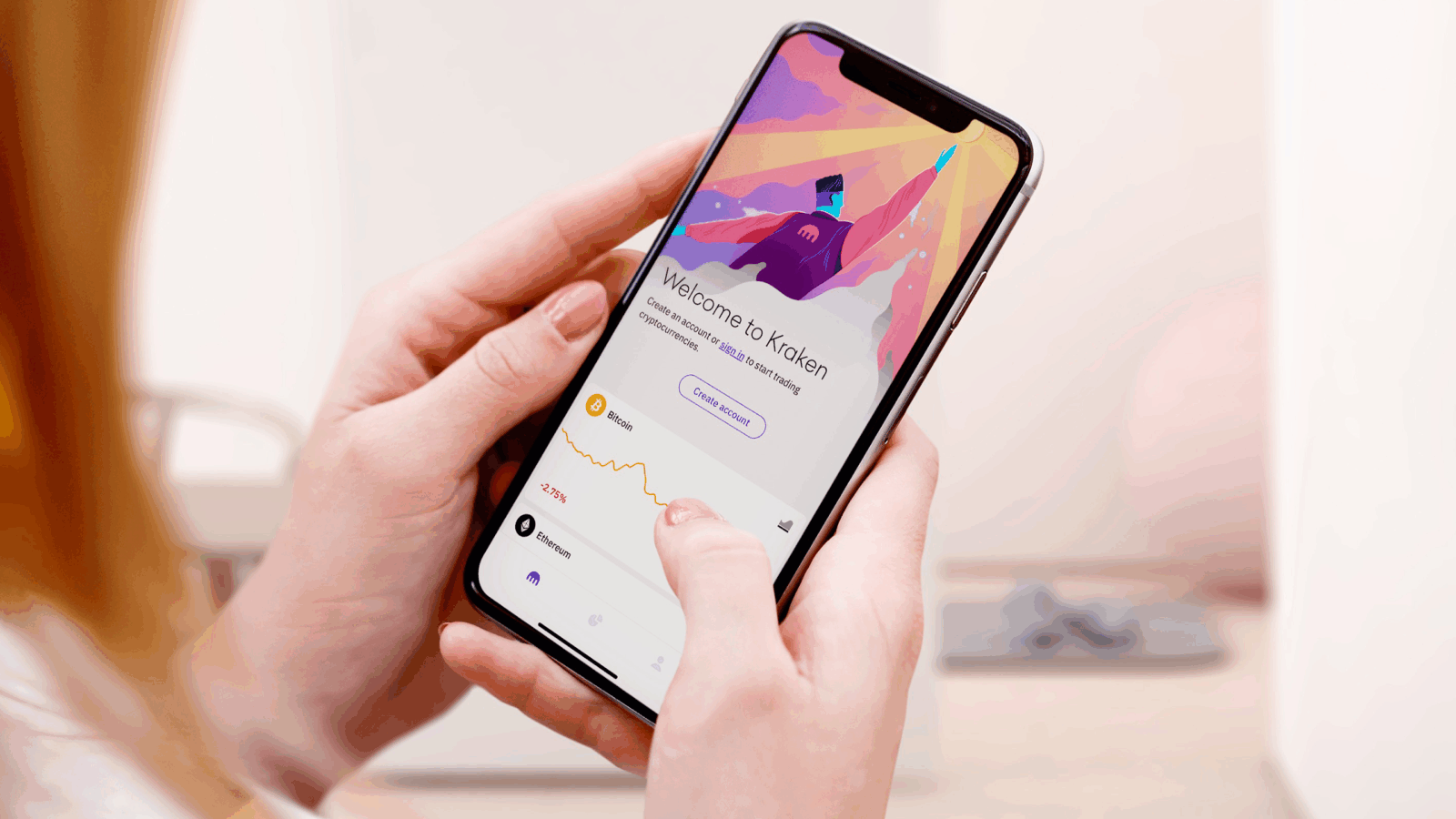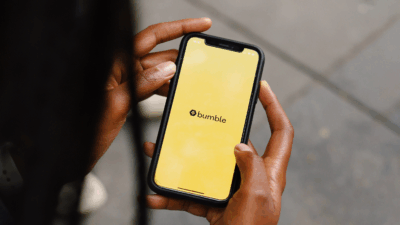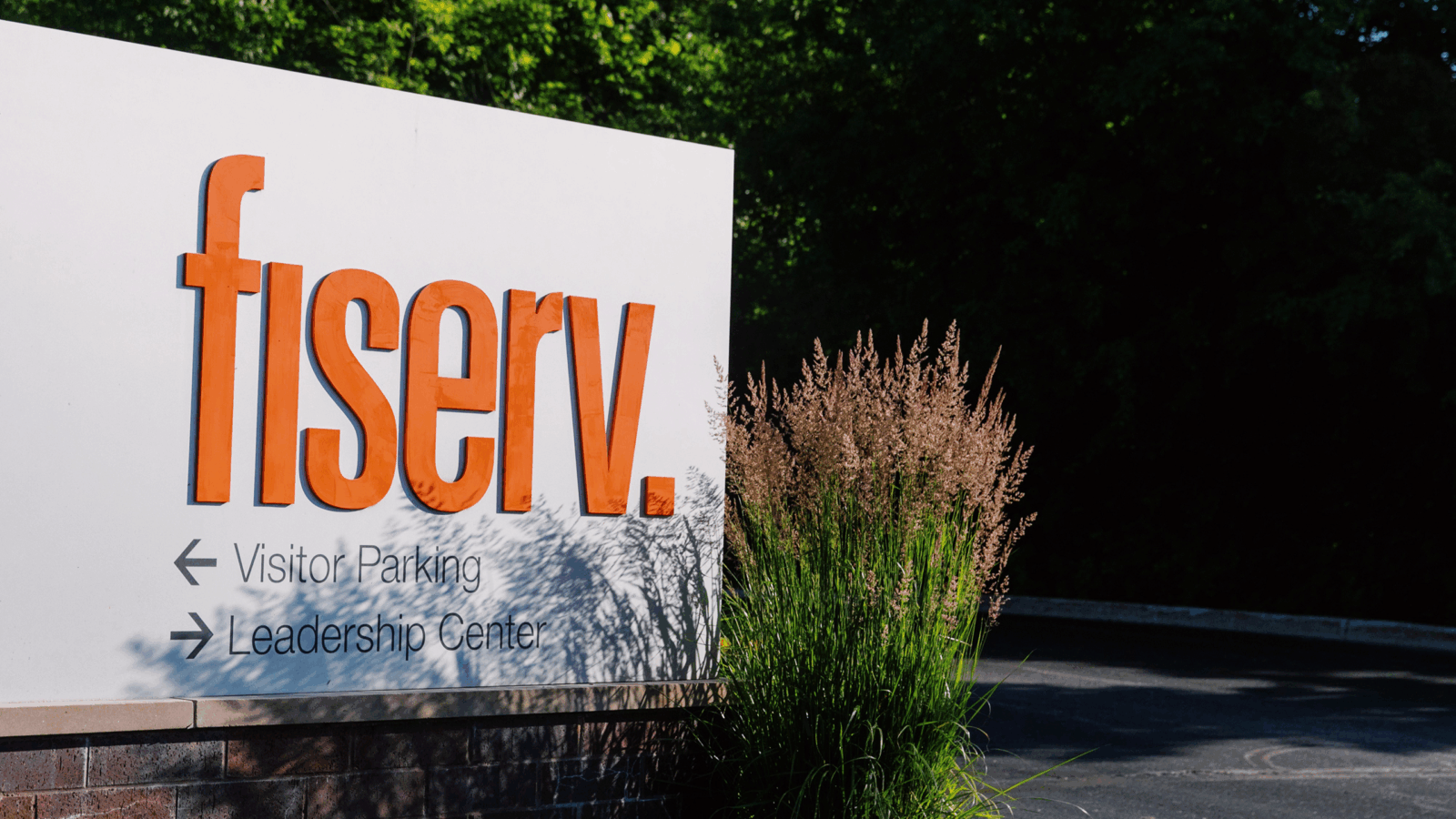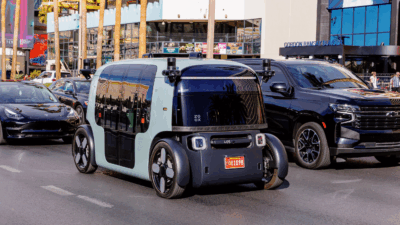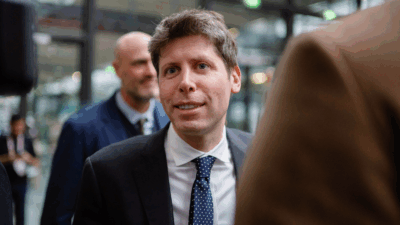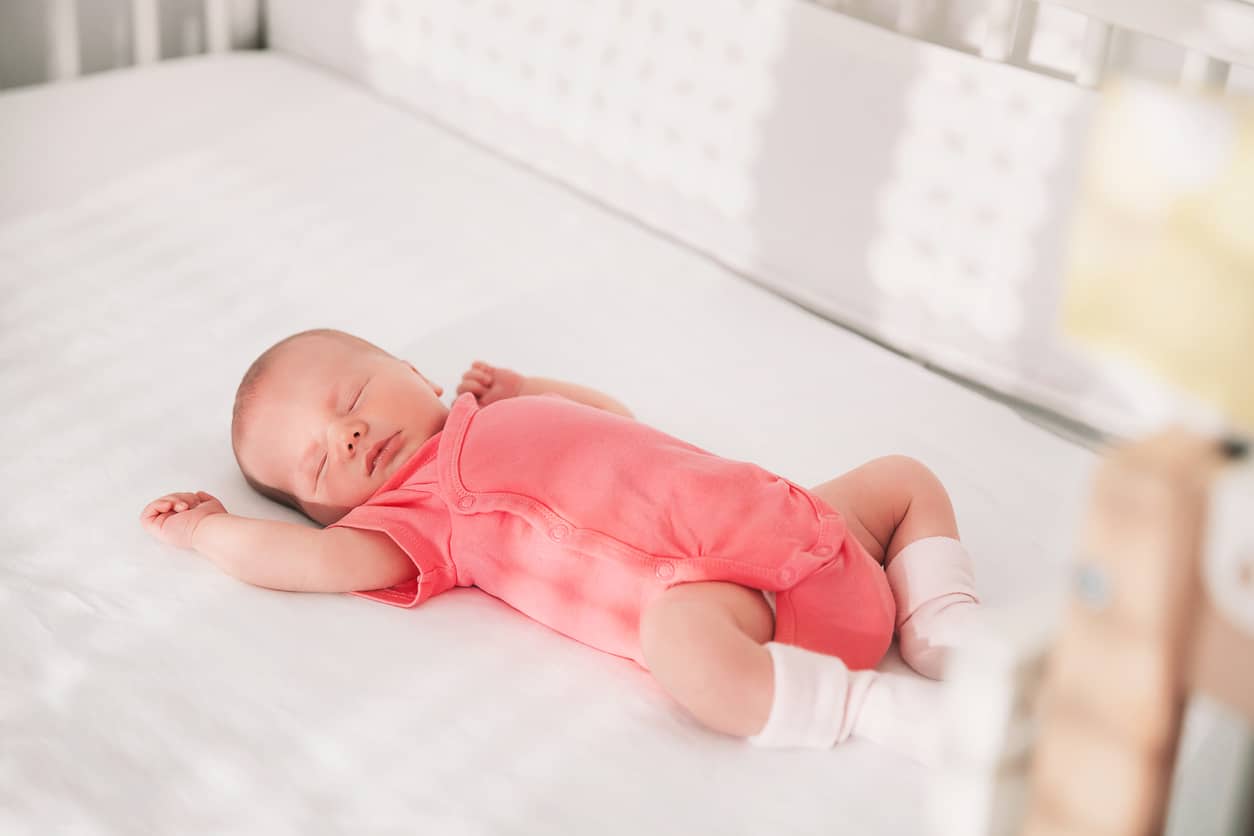
Sign up for smart news, insights, and analysis on the biggest financial stories of the day.
The so-called internet of things — where physical objects are equipped with sensors, processing ability, software, and other technologies — has given the world smart devices no one ever asked for, connecting forks, piggy banks, and egg trays to the world wide web.
But one thing people have asked for since the beginning of time — a way to keep their newborn from waking them up at 3 in the morning — has launched a venture capital baby boom, with smart cribs at the front of the pack this week.
$491 Million Baby
The number of venture capital deals for American baby startups has crawled from 32 in 2016 to 59 so far in 2021, according to data from PitchBook obtained by Axios, and the amount of money in those deals has more than doubled from $182 million to $491 million. This week, there was a flurry of activity:
- Cradlewise, a “smart crib” startup that uses sensors to detect when a baby is beginning to wake and rocks it back to sleep, raised $7 million in s seed round Tuesday, a day before Bloomberg reported Happiest Baby, another smart-cradle maker, is nearing $100 million in annual revenue and exploring a $1 billion IPO.
- Last week, baby app Huckleberry — which 1.2 million families use to track feeding times, diaper changing, naps, medicines, and more — raised a $12.5 million Series A funding round.
And the Cradle Will Rock: The baby tech market will be worth $1.9 billion by 2027, according to Allied Market Research. Most apps are free, but smart devices can cost Junior’s weight in gold: Happiest Baby’s smart cradle, the Snoo, retails at $1,595.
Sleepless Nightmares: While cradle rocking takes a load off of parents, some baby tech can actually make their lives worse. Tech that tracks breathing when it’s not medically necessary, for example, just stresses parents out. “A lot of those things just keep parents from sleeping,” digital health startup advisor Leslie Shrock told Axios.




